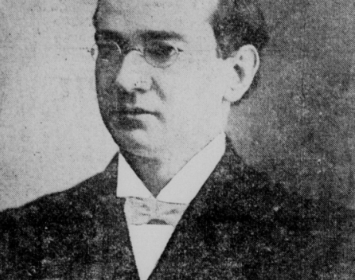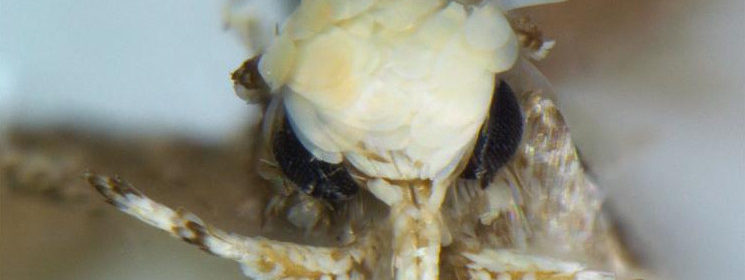Why Do Some People Think the Human Soul Weighs 21 Grams?

Randrew asks: Why do people say the human soul weighs 21 grams? It’s often said that it’s impossible to put a price on a human life, but that doesn’t necessarily mean you can’t define it by other metrics, something physician Duncan MacDougall tried to do in the early 20th century by setting up an experiment to discern the weight of […]
Read more
















